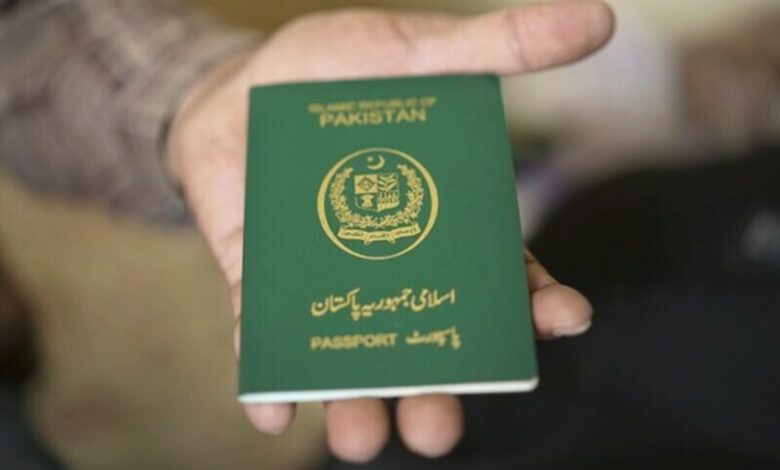Government Increases Passport Fee by 50%: Impact and Implications

Recently, the government has announced a significant increase in passport fees, raising them by 50%. The choice has sparked debate and raised concerns among residents about its effect on openness, especially among those with a place with financially minimized segments of society. In this blog post, we look at the explanation for this choice, its likely consequences, and what it could mean for people and families.
Purposes of Increment
Legislatures often review and adjust identification fees to address administrative costs, improve security features, and streamline the visa process. Factors such as expansion, mechanical shifts and security efforts can contribute to changes in visa fees. The choice to increase visa expenditure by half probably stems from the need to cover the increasing operational expenditure related to issuing identification, support and security upgrades.
Implications for Citizens:
The extension of visa fees will have various implications for residents, especially those who wish to apply for or renew their identification. Here are some possible impacts:
Financial Burden
For some residents, especially those from low-income foundations, the halving of visa fees addresses a critical monetary burden. Additional costs can prevent people and families from obtaining or renewing their identification, which can affect their ability to go to work, training or relax.
Access o Services
Higher identification costs can actually limit access to basic administrations for people who need a visa for business valuable open doors abroad, clinical treatment or family crises. Inflated costs can disproportionately affect undervalued networks, thwarting their versatility and access to opening doors behind the lines.
Delayed Applications
Several people may delay applying for or renewing their identification due to increased fees, resulting in overuse and longer processing times. Delaying obtaining identifications could disrupt itinerary items, open doors, and instructive pursuits, causing difficulties and dissatisfaction for candidates.
Economic effect
The increase in visa spending could have wider monetary implications, particularly for businesses dependent on global travel and tourism. Higher visa costs can actually discourage travelers from visiting the country and affect organizations in the fields of friendship, transport and tourism.
Government response:
Due to concerns raised by residents and partners, the public authority may take action to mitigate the impact of the increase in identification costs. These actions may include:
Financial Assistance
A public body can offer cash assistance or grants to people from financially stressed foundations to help with the cost of identification fees.
Fee Waiver
Unique arrangements may be made for specific classifications of candidates, such as students, senior residents, or people facing financial hardship, to obtain waivers or limits on identification fees.
Streamlined Cycles
Efforts to streamline visa application and renewal processes, such as web-based applications, arrangement frameworks, and productive archival confirmation methodologies, could help reduce processing costs and reduce candidate weight.
Conclusion
The government’s decision to halve visa fees has sparked mixed jibes and raised concerns about its impact on the accessibility and portability of residents. While the move is intended to address rising operational costs and improve identification security, it also creates hardship for people and families, especially those from financially strapped foundations. By implementing measures to help disabled people and smooth identification benefits, the public body can guarantee that visa issuance remains affordable and reasonable for all residents, working with their versatility and commitment to the global local area.



